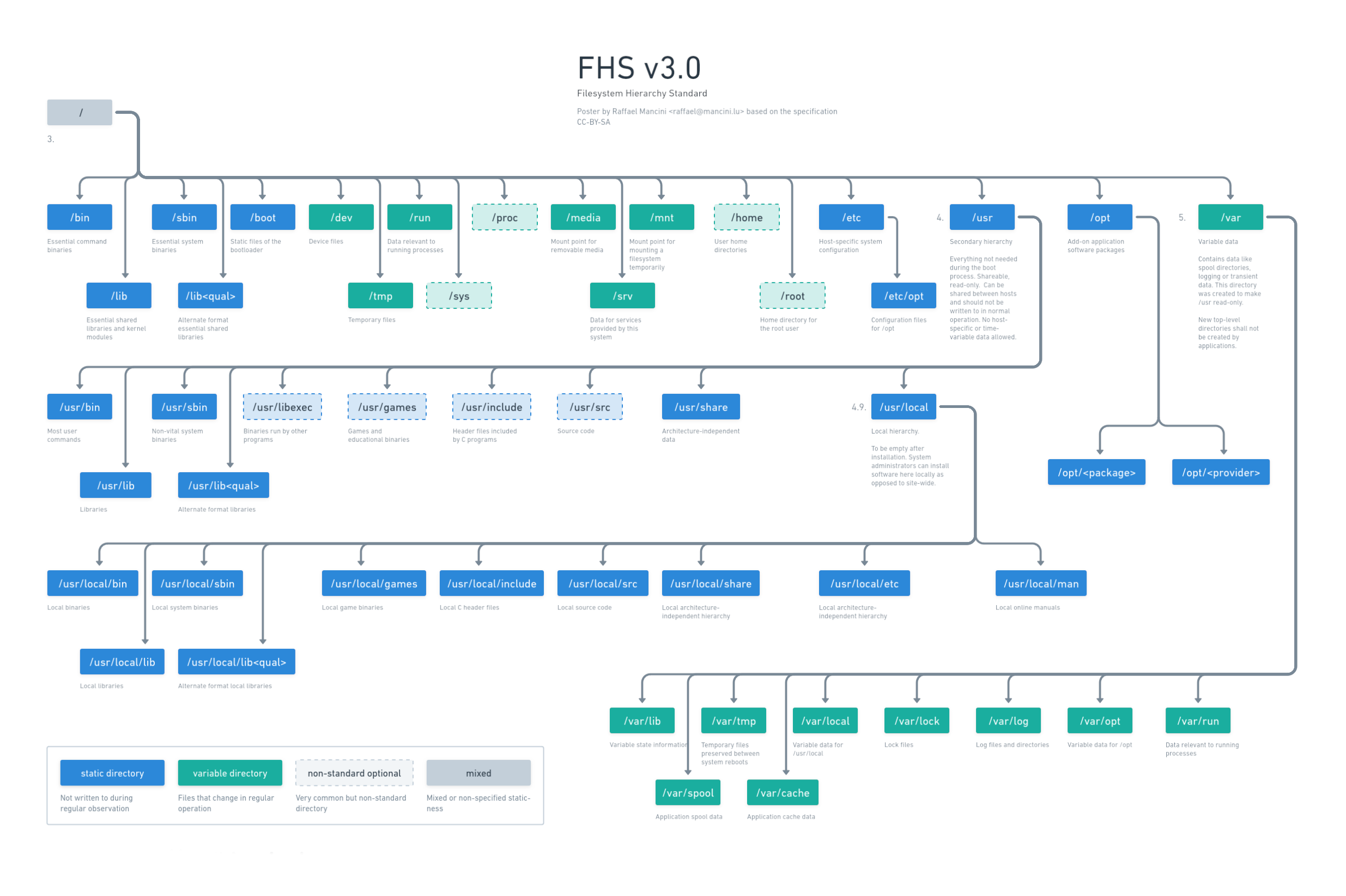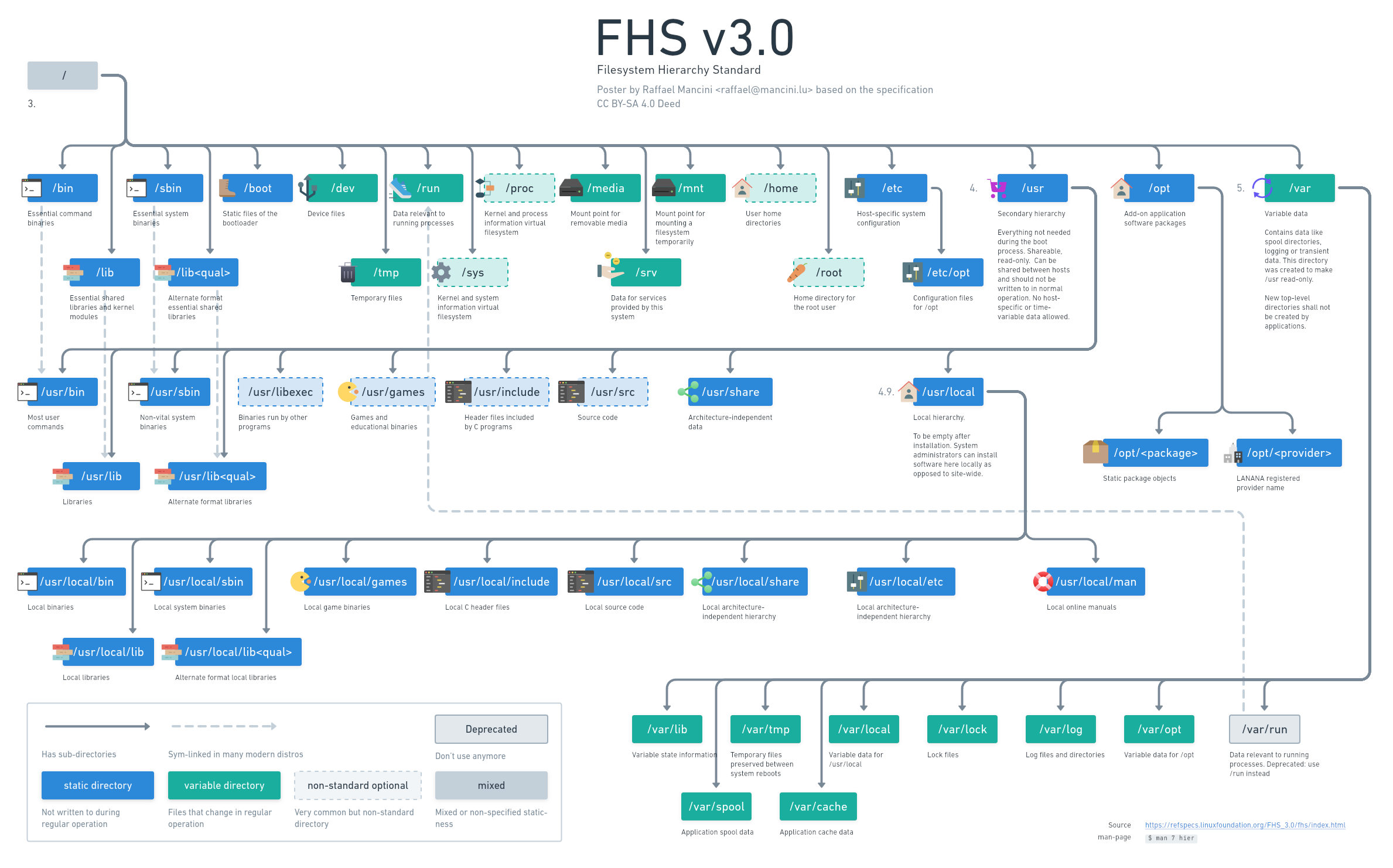this post was submitted on 11 Dec 2023
570 points (98.5% liked)
Linux
49442 readers
509 users here now
From Wikipedia, the free encyclopedia
Linux is a family of open source Unix-like operating systems based on the Linux kernel, an operating system kernel first released on September 17, 1991 by Linus Torvalds. Linux is typically packaged in a Linux distribution (or distro for short).
Distributions include the Linux kernel and supporting system software and libraries, many of which are provided by the GNU Project. Many Linux distributions use the word "Linux" in their name, but the Free Software Foundation uses the name GNU/Linux to emphasize the importance of GNU software, causing some controversy.
Rules
- Posts must be relevant to operating systems running the Linux kernel. GNU/Linux or otherwise.
- No misinformation
- No NSFW content
- No hate speech, bigotry, etc
Related Communities
Community icon by Alpár-Etele Méder, licensed under CC BY 3.0
founded 5 years ago
MODERATORS
you are viewing a single comment's thread
view the rest of the comments
view the rest of the comments



how is /usr/local local and not system-wide? i though it was for programs you compiled yourself?
"Local" in this context means local to this whole machine. From the perspective of a single user, it's system-wide. But then from the perspective of a sysadmin managing dozens of such systems, it's local.
thanks for the explanation!
Many FHS things don't make much sense for single-user (human user) systems on modern hardware. /usr/local does though. It's for you (as admin) to install software that doesn't come with the os.